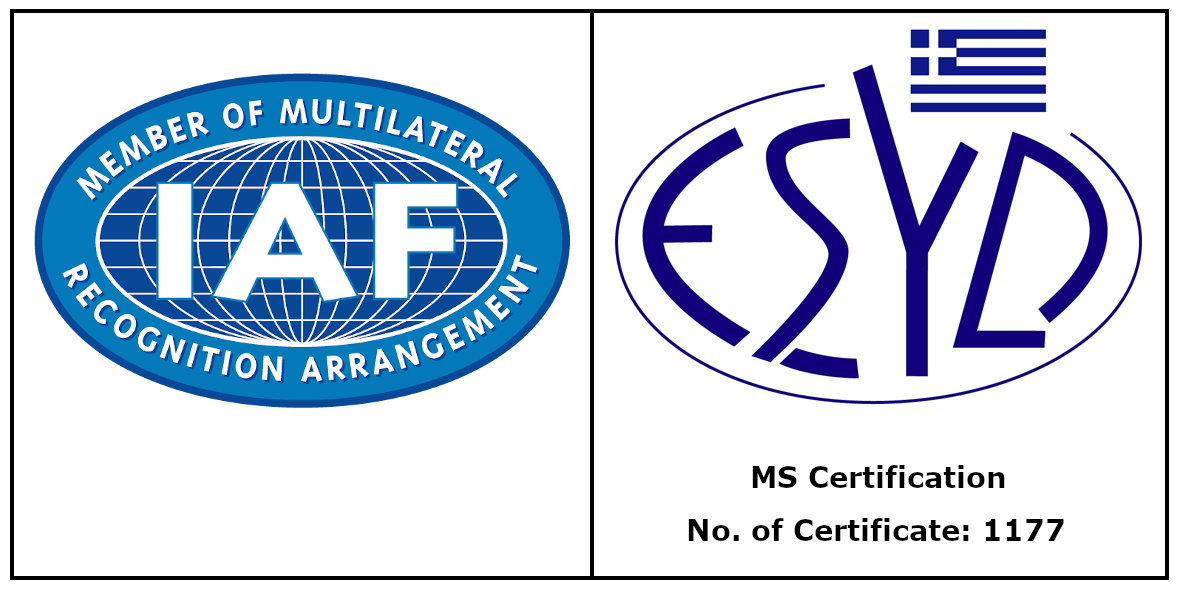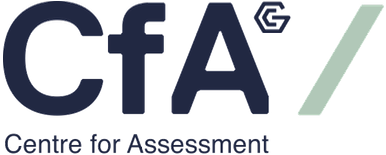Third Party Auditing – Certification of Management Systems
Third party audits are independent impartial audits with the objective to assess the level of conformity of a management system to certain audit criteria. The most common form of third-party audits is one that is conducted to assess the degree of conformity to International Standards (ISO). These audits are also known as ‘Certification Audits’ because once the conformity is confirmed the Certification Body that conducted the audit then issues the relevant Certificate.
ISONIKE operates an independent Certification Body (CAB) Business Unit that is resourced with specialized personnel (auditors) and an international network through which it conducts independent and impartial third party audits. All audit reports are submitted by the auditors to the head offices of ISONIKE where the independent certification authority carries out their final review and evaluation. With the confirmation of conformity, ISONIKE will issue and deliver the appropriate certificates.
ISONIKE Ltd is a strategic partner (Regional Managment Office covering Balkans and Middle East countries) of Centre for Assessment Ltd (CfA) which in turn is a UKAS accredited Certification Body based in Manchester UK. Through the partnership agreement ISONIKE offers the certification services of CfA to the companies that require UKAS accredited certificates.
- BS 10012 – Personal Information Management Systems (Information for the BS 10012 Standard can be found here )
- ISO 27001 – Information Security Management Systems (Information for the ISO 27001 Standard can be found here or here)
- ISO 50001 – Energy Management Systems (Information for the ISO 50001 Standard can be found here or here )
- ISO 20000-1 – IT Service Management Systems) (Information for the ISO 27001 Standard can be found here or here)
- ISO 22301 – Business Continuity Management Systems (Information for the ISO 22301 Standard can be found here)
- ISO 9001 – Quality Management Systems (Information for the ISO 9001 Standard can be found here or here)
- ISO 14001 – Environmental Management Systems (Information for the ISO 14001 Standard can be found here or here)
- ISO 45001 – Occupational Health and Safety Management Systems (Information for the ISO 45001 Standard can be found here)
- ISO 50001 – Energy Management Systems. (Information for the ISO 50001 Standard can be found here or here)
- ISO/TS 29001 – Quality Management Systems (Petroleum, petrochemical and natural gas industries) (Information for the ISO 29001 Standard can be found here)
- ISO 22000 – Food Safety Management Systems (Information for the ISO 22000 Standard can be found here or here)
- HACCP - System for Hazard Analysis and Critical Control Points. (Information for the HACCP Standard can be found here)
- GMP – Good Manufacturing Practice (Information for the GMP Standard can be found here)
(*) The links are provided on Wikipedia as being one of many reference points from which information on International Standards can be drawn. Other reference points are for example the ISO Website (www.iso.org ) as well as the websites of the national standards bodies such as www.elot.gr , www.cys.org.cy etc.
The main advantages of the Certification of Management Systems may be summarized (but not limited) as:
-
Signaling the commitment of the Company to the principles of the Standard to all interested partied as well as the commitment for continuous improvement to the benefit of all parties concerned.
-
Demonstrating the operation of an effective management system that is being regularly audited by means of independent and impartial processes.
-
Significantly improving the image and prestige of the company in the ‘eyes’ of the customers, employees, shareholders, and any other third party.
-
Increasing the level of confidence of customers, employees, shareholders and third parties.
-
Servings as a valuable tool for the promotion of the business (sales, marketing, etc.).
-
Reducing development barriers in domestic and international markets.
-
Serving as an additional safeguard to anyone who has an interest in the company’s compliance with applicable standards and the regulatory framework.
-
Satisfying Customer Requirement for Certification.
-
In many cases serving as a means to achieve cost reductions (eg. Premiums for professional liability insurance, reduction in receiving second party audits etc)
The key advantages of the Certification of Management Systems with ISONIKE are summarized (but not limited) as:
- Accredited Certification Body
- Worldwide Operations
- Professionalism
- Continuity, Consistency, Validity Reputation, Recognition
- Approachable philosophy (communication, pricing, inspection method).
- Knowledge and experience.
- Experienced and technically competent staff for all major standards and industries.
For more information and to send you a formal quotation of ISONIKE for the certification of your company's management system, please complete and submit our 'Questionnaire' which you can find here, or contact us at auditing [at] isonike [dot] com






